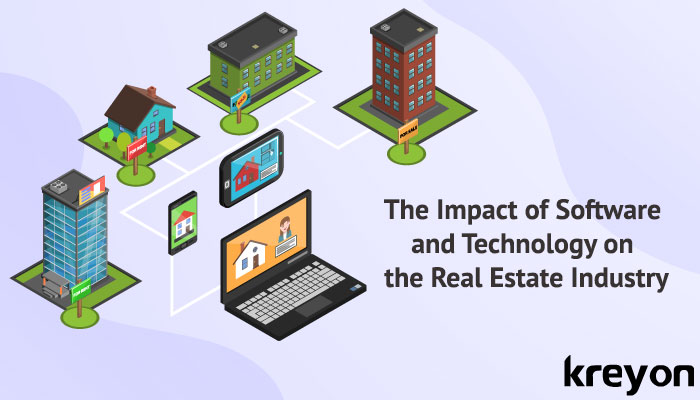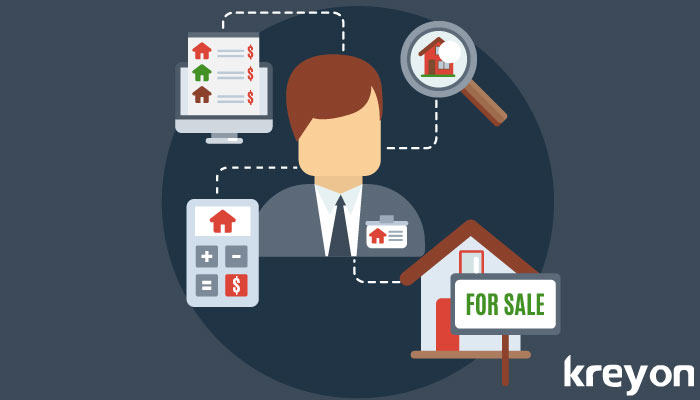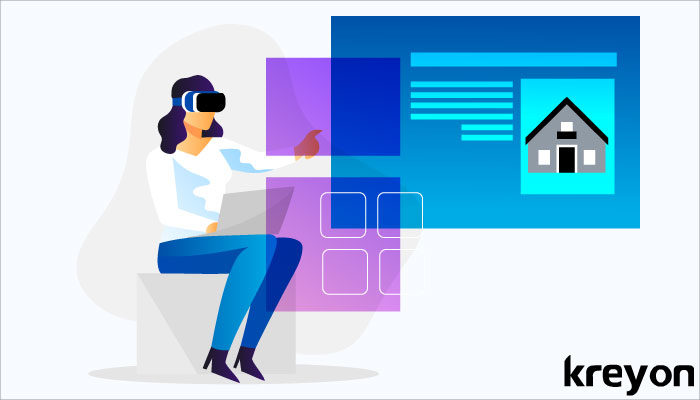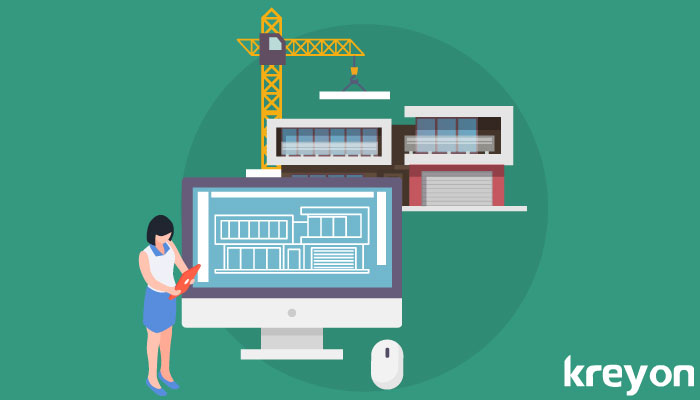The Impact of Software and Technology on the Real Estate Industry

Technology plays a major role in every area of society at this point. We connect with people on social media much more than we do in the real world now. We constantly spend time on search engines looking for valuable information that will improve our lives. And when it comes to finding Dallas apartments to rent or buy, we use online technology to make the process much simpler.
The interesting thing is technology and software impact the real estate industry in numerous ways. In fact, it’s becoming so prevalent that we barely realize the impact it’s having because this technology and software is now the norm. But this doesn’t change the fact that it is having an impact nonetheless. And if you’d like to learn more about it, we recommend reading on to discover the truth.
Impact #1: Using Big Data Collection to Sell Better and More Efficiently
Real estate businesses now have access to crucial analytics and massive amounts of big data that they’ve accumulated over the last 25 years or so. These companies now have the ability to better know and understand their potential clients so they can target the right people when looking to improve their business and performance.
This information helps them know who their customers are, when and what they want to buy, where they want to buy, and how to effectively reach them in the best manner possible. By harnessing and using this information, real estate agents now have an invaluable tool to target the correct buyers and sellers to improve their overall real estate selling process.

Impact #2: Virtual Reality Home and Apartment Tours
Real estate agents are now using virtual reality (or VR for short) to give customers the ability to tour existing or pre-development homes no matter where they happen to be located throughout the world. This provides agents, hoteliers, and real estate developers the ability to showcase their new and existing properties to faraway clients.
As an example, let’s say a family plans to relocate to San Francisco from London, England because one of the heads of the household got a new job in the tech industry. Well, it would be very difficult for this London-based executive to fly back and forth from London to San Francisco to find a new home or apartment. Instead, this person and their family can use virtual reality tours to discover amazing homes and apartments in San Francisco that easily fit in within their budget. They can use this exciting and innovative technology to their advantage to avoid spending thousands of dollars in airfare and hotel fees while searching for a new apartment in person.
Whether you realize it or not, virtual reality tours are very effective in this regard. It makes it much easier for people relocating to find their dream home before ever stepping foot inside the place.

Impact #3: Building Technology Improves the Development Process
Low-cost housing is in serious demand. Housing that doesn’t have a negative impact on the environment is also held in high regard right now. So real estate developers work diligently to find exciting and innovative ways to build low-cost, environmentally friendly housing in Kenya and other parts of the world.
Modular construction and prefab building material are often used to construct these homes off-site. But assembly will take place on-site and building technology plays a major role in making this all come together correctly.
Believe it or not, a company in China 3D printed a house in 2014. This is incredibly exciting because they were able to cut labor costs by 60% and construction costs by 80%. This is an innovative and exhilarating way to build new homes using a budding form of technology that has existed for more than 40 years but has been perfected to become a viable solution in many different areas.

Final Thoughts
As you can clearly see technology and software solutions for real estate are clearly having a major impact on the industry. With updated and innovative building technology, the ability to provide virtual tours, and big data powering the market, it’s no surprise that the real estate industry bounced back so quickly from the 2008 housing crisis. And from the looks of things, it’s going to continue to get better in time as software and technology improves for the better.
